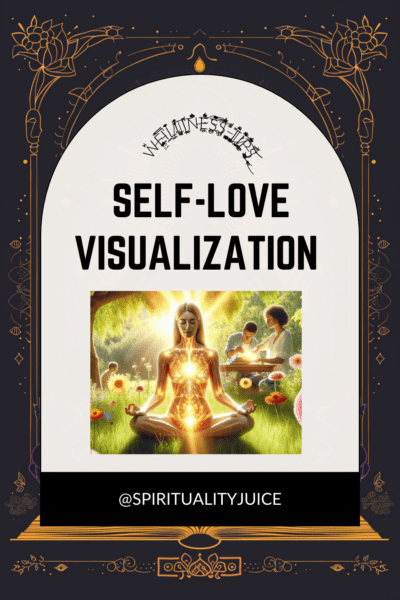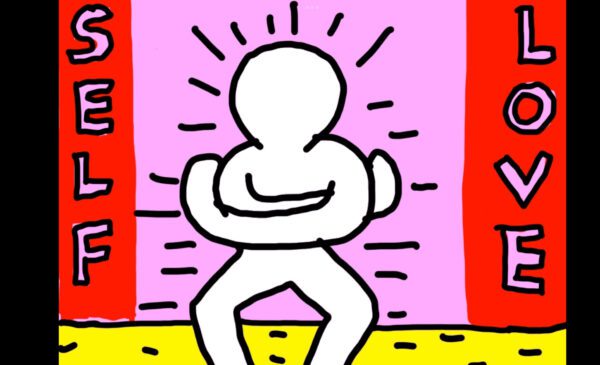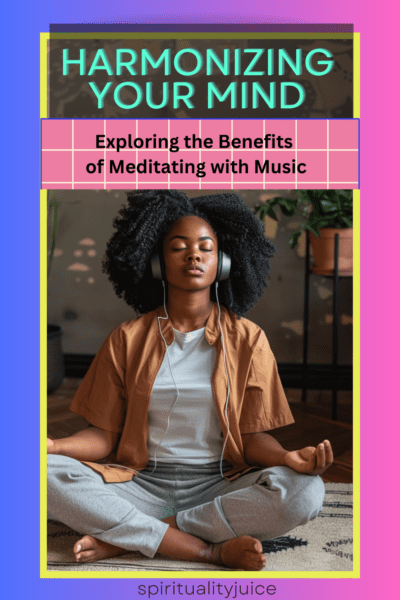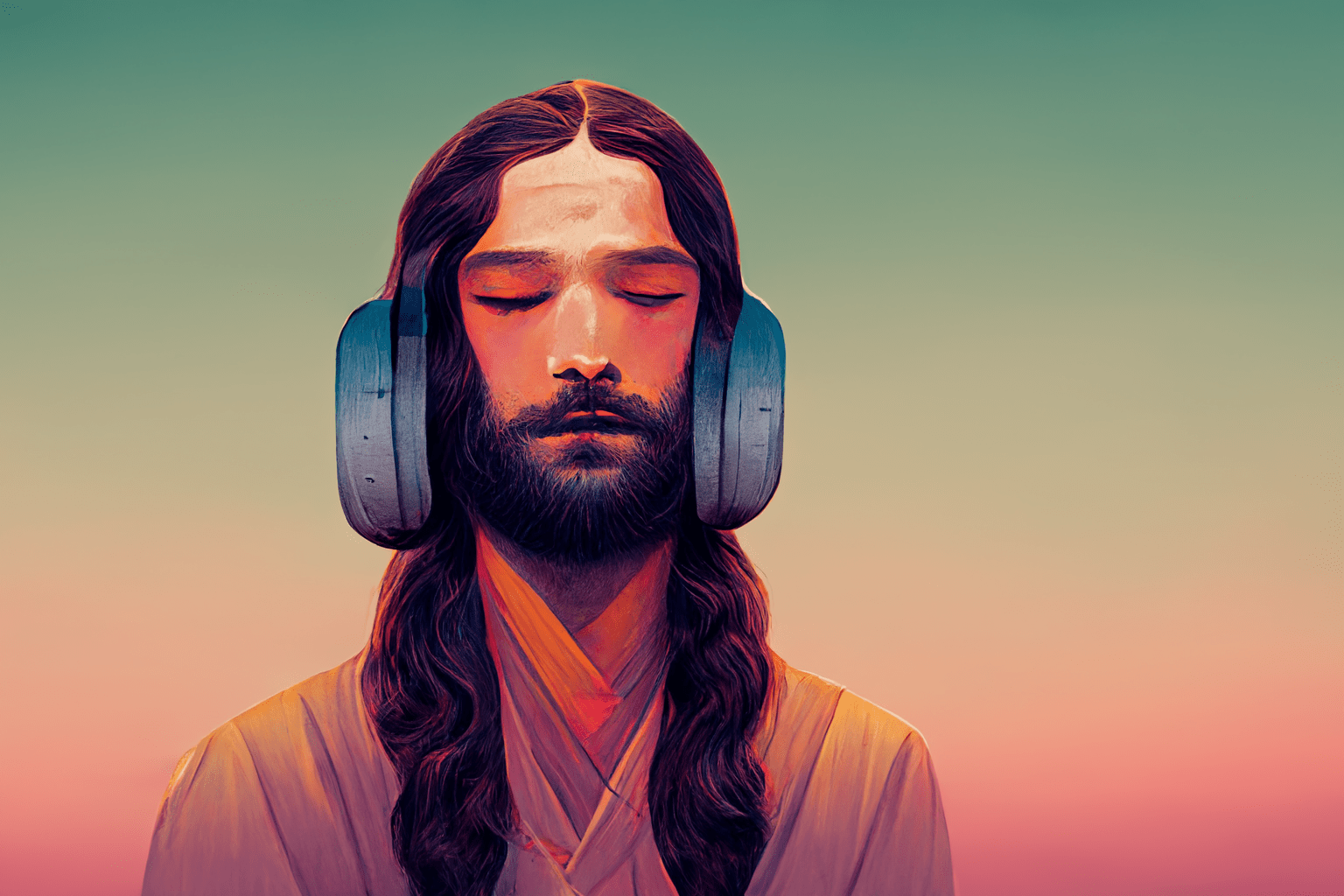
Meditation with music or without music is the question. Well, I have to say that for those who are either new to meditation or have been meditating for several years, the question of whether or not to meditate with music or remain silent is pretty important.
Yeah sure, “Do whatever you want.”
Ok, even though the most apparent response is “do anything you want to do! You should keep doing it if you find that listening to music while meditating helps you relax and focus. Suppose you’d rather be alone and listen to the sounds of your breathing than do so. Effectiveness for you triggering your relaxation response is what is essential here.
Meditation with Music is Like…
Maybe you’re shaking your head right now. The question is not so simple to ask: Meditation with music or without music. Well, let’s take a peek at what Meditation with Music is like.

Research has shown that listening to music may reduce stress and improve well-being in numerous ways. It has the potential to help you relax physically and mentally magically without any special effort. That’s the power of Music. So In addition to improving your mood, music has been shown to reduce respiratory rate as well as many other physiological responses to stress.
Meditation with or without music? it should be noted Music in general has the power to:
- It’s useful for treating mental disorders.
- Positive and negative emotions may both be affected by music.
- It’s been shown to reduce anxiety.
- Improvement in depressive symptoms is a side effect.
- The physiological consequences of music
- It’s good for your heart!
- Lessens the effects of tiredness
Music Matters
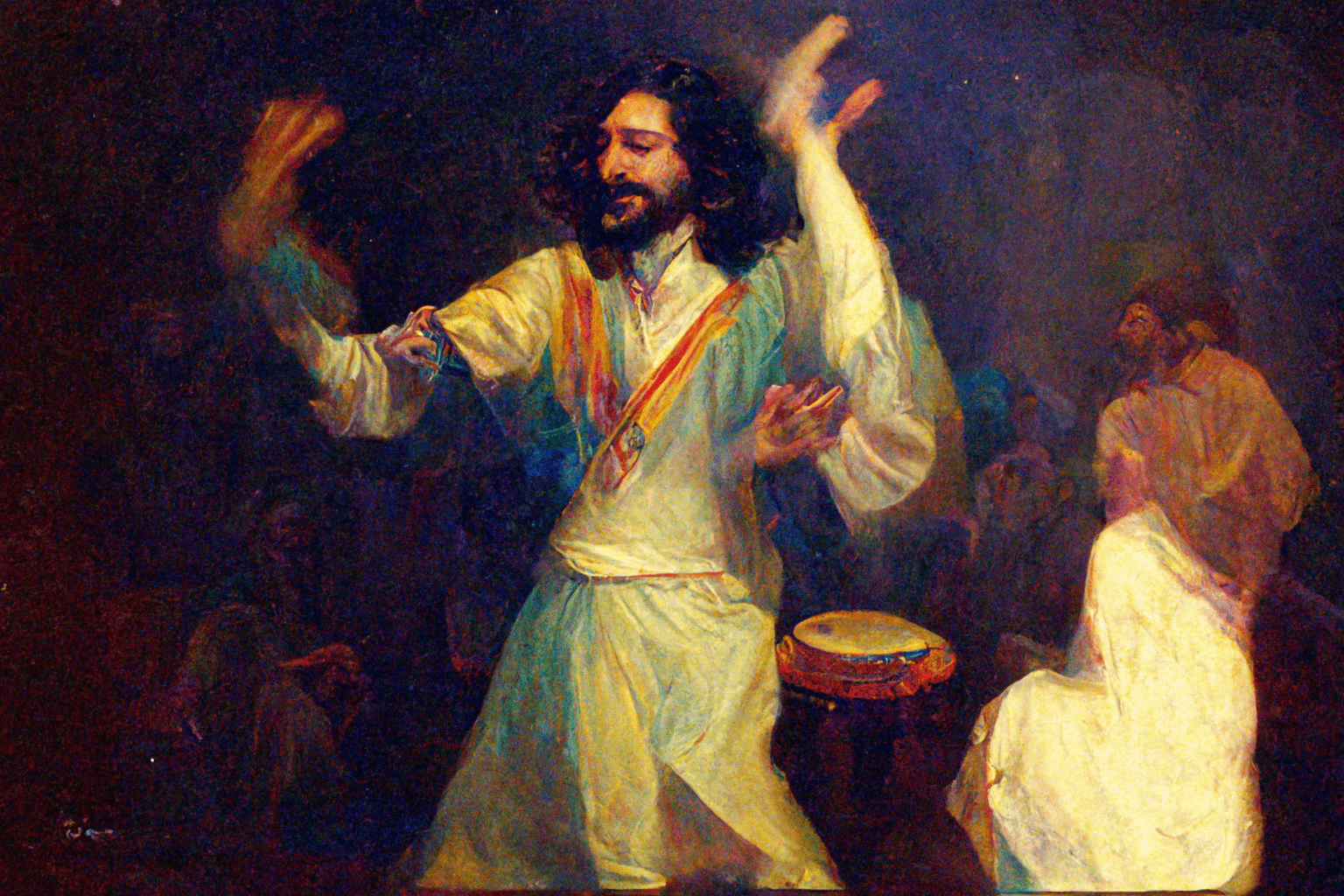
However, if there is any evidence to support one over the other it’s kind of lacking right? So basically, Which method of contemplation in your deep meditation would you say has the longest history? The benefits and drawbacks of using music as a meditation aid are discussed here, no question about that. Specifically, maybe there is a certain kind of music that may aid in profound concentration relaxation in deep meditation.
Maybe, the kind of music has a certain effect…
The Connection Between the Brain and Music
The ability of our brains to hear and perform music is a mystery that scientists are working hard to solve. Vibrations are emitted by a stereo system, which then moves through the surrounding air and enters the ear canal in some mysterious way. These vibrations cause a tingling sensation in the eardrum, which then causes it to convert into an electrical signal. This signal then goes up the auditory nerve and into the brain stem, which is reconstructed into something resembling music.
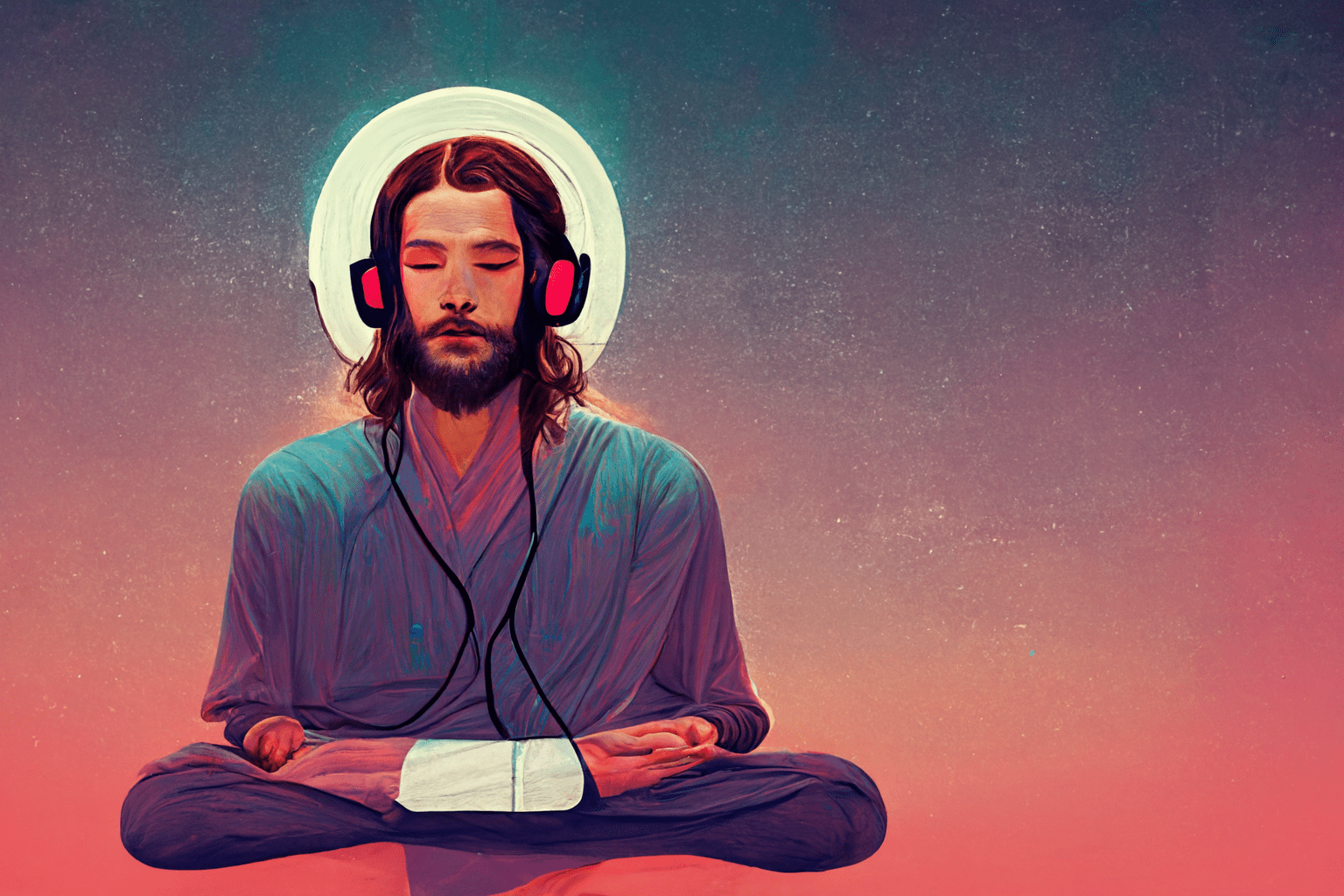
In many studies, musicians and rappers were put through fMRI (functional magnetic resonance imaging) equipment at Johns Hopkins. This allowed researchers to observe which parts of the test subjects’ brains lit up as they improvised music.
The Human brain seeks patterns. Music is the perfect vehicle of the pattern.
Structure, mathematics, and architecture are all present in the music. It is predicated on the connections connecting individual notes. Your mind has to do a great deal of computation without you even realizing it.
Many more fascinating studies demonstrate the influence of music. You may increase the amount of music in your day-to-day and get the effects it has on your brain by using the ways listed below.
In Sufi Islam, Meditation with Music is a requirement
One way Muslims meditate is via a practice called Zikr, which entails reciting short hymns or sentences again and over. It is of paramount importance in Sufi Islam, with each Sufi group adopting its own Zikr that is often followed by distinct bodily movements, breathing patterns, and stances.
Zikr, however, has the disadvantage that it is performed in groups. Being one with Allah entails always remembering Allah as the creator of everything. This is the actual zikr, and it is the objective of the Sufi path since oneness is the ultimate form of devotion to Allah.
Meditation with Music plays a super important part in the practice of Zikr in Islam. Research shows that meditation with music was a successful relief of stress. However, the problem with Zikr is that it’s performed with a group of people.
Black Churches Use Music to Hypnotize Themselves
African-American gospel music is joyful, pulsating, and mystical. It originated in the African American South’s churches. Its rise to popularity paralleled that of rhythm and blues and in fact, it is very significant to the genre’s history.
Pulsating, mesmerizing music is played a lot at Black churches. It especially mesmerizes its adherents.
Meditation with Music has Major Benefits But Mostly only if you’re in a group
Each of us, as well as the group as a whole, may benefit from listening to music. According to studies, music can benefit our physiological, cognitive, and mental well-being in the following ways:
According to primatologists, our tree-dwelling ancient primate ancestors evolved from arboreal creatures. The only way that tree-dwellers shouted to one another over the canopy, and as a result, humans may have acquired reliance on music as a medium of communication
Meditation with or without music?
Meditation Music
The meditation was performed either in complete stillness or only with the sounds of nature surrounding itThis was of course before the introduction of modern technology,
Meditation without Music
To practice meditation without music, one must silence all external stimuli, such as music or a teacher’s instructions, and rather focus on the sensations occurring inside one’s own body in the here and now.
For almost two thousand five hundred years, Buddhists have been engaging in this type of silent meditation.
While you practice silent meditation, you will need to sit for longer than simply 30 minutes at a time, as you would when practicing normal meditation. This is due to the point that, when you think about it, none of the different kinds of meditation truly need you to converse with yourself.
Vipassana, the most ancient Meditation without music

Vipassana is an ancient mindfulness meditation practice. The practice of Vipassana involves Seeing your feelings and thoughts exactly as they are while refraining from passing judgment or lingering on them. Letting go is an important part of this practice. Although further study is required, the research that has been done so farfar has revealed that practicing Vipassana may lower stress and anxiety. This may have positive effects on drug use.
Consider an entire day you are unable to have access to a cellphone or the internet. You do not interact with any other people on this particular day, do not even utter a single word, nor are you surrounded by anyone you know. A day of complete psychic silence.
In my perspective, the benefits of Vipassana last a person’s whole lifetime. Mind you, they don’t happen overnight. You might see significant improvement over the next months and years. A change occurs on the inside that at first only you can feel, but which, as growing scientific data shows, eventually explodes over into the cosmic.
Benefits of Sensory Deprivation
Practicing meditation without music is more challenging. Ultimately though it is more rewarding. Reducing external stimuli is a key component of effective meditation. The brain overly responds to sensory inputs. Things change when you’re in a loud setting; techniques like white noise and meditation may effectively muffle ambient noise. In order to enhance your awareness of your breath and bodily sensations though, the key is to practice meditation with fewer stimuli.

Each and every session is really exceptional. The truth can only be experienced firsthand, so tweak your approach a little each day until you get there. If I have lunch and you don’t, you won’t be too stuffed. We’re on our own to do the legwork here. I make an effort to meditate in quiet as much as I can.
Meditation with or without Music Conclusion
Start by asking a basic inquiry of yourself. The question, “What exactly is the purpose of my meditation?” A directive-focused approach can guide you along the lines of what you wish to achieve here. As long as you’re just listening to meditative music to relax and feel a little serene within,” etc., you’re good to go. You may discover many different styles of meditative music on YouTube that help enhance your meditation. In that case, if it meets your meditative needs Music is a killer addition.
However, if you are thinking a little bit more spiritually. Getting to know yourself on a deep level will allow you to feel joyous throughout the day and will allow you to conduct yourself with efficiency at all times. Then I would never suggest listening to music while contemplating. Don’t worry about the constant stream of useless ideas that enters and exits your mind when you’re sitting in meditation.
Feel the blood pumping throughout your whole body in time with your pulse. If you pay attention to your hands, arms, neck, and brain, you will see that blood is flowing at the same rate as your pulse. There’s a high-pitched ringing in your ears that I can’t explain, but is there in your body if you listen closely enough. Silence, as some have put it. That sound is the rhythm of your own body. Give it your best effort to get a feel for it. You will experience the fullest fulfillment of your life. Then you may meditate in peace without the aid of music.

